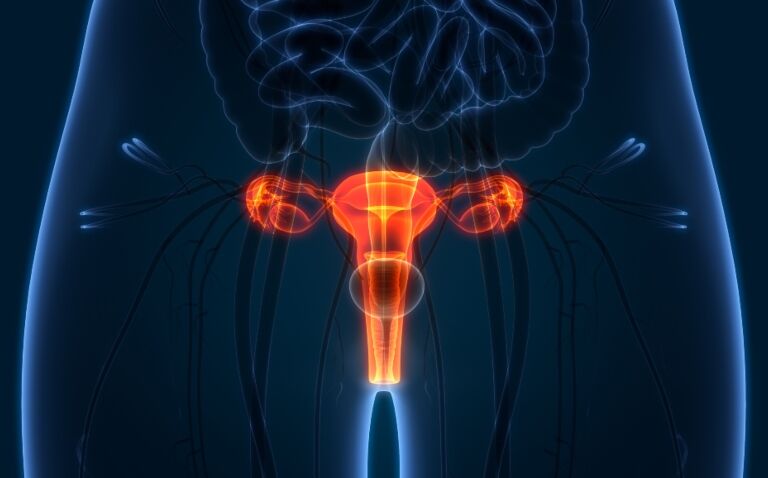A short course of induction chemotherapy (IC) ahead of standard treatment with chemotherapy and radiation reduces the rate of relapse and death in women with locally advanced cervical cancer, according to preliminary study findings presented at the European Society for Medical Oncology (ESMO) Congress 2023.
The INTERLACE phase 3 trial enrolled 500 women with squamous, adeno or adenosquamous carcinoma stages IB1/2 to IVA from hospitals in the UK, Mexico, India, Italy, and Brazil over 10 years.
The median patient age was 46 years, overall most women (77%) had stage II cancer, and more than half (57%) were lymph node negative, researchers reported in an abstract simultaneously published in the Annals of Oncology.
Patients were randomised to receive standard chemoradiation (CRT), consisting of external radiation with weekly cisplatin and brachytherapy, or an initial six-week course of IC with carboplatin AUC2 and paclitaxel 80mg/m2 followed by standard CRT.
Researchers found women who received IC followed by CRT had five-year progression-free survival rates of 73% compared to 64% in the women who had received CRT alone.
The corresponding five-year overall survival rates were 80% for the IC and CRT group versus 72% for the standard care group.
Given these results, the study authors said IC with CRT should be considered a new standard of care, adding that carboplatin and paclitaxel were cheap, accessible and already approved for patient use.
Lead investigator Dr Mary McCormack, honorary lecturer at UCL Cancer Institute and consultant clinical oncologist at University College London Hospitals, said the trial showed this short course of additional chemotherapy could reduce the risk of the cancer returning or death by 35%.
‘This is the biggest improvement in outcome in this disease in over 20 years,’ she added.
The median overall treatment time for CRT was 45 days in both arms, the researchers reported, with a median interval of seven days between IC and CRT.
They added that 92% of IC patients had five or six cycles of carboplatin and paclitaxel.
Of the IC and CRT group, 84% had four or five cycles of cisplatin while the figure was 89% in the CRT alone group.
Grade ≥3 adverse events were seen in 59% of patients in the IC and CRT group compared with 48% of patients in the CRT alone group.
Commenting on the findings, Professor Ana Oaknin, head of the gynecologic tumors unit at the Vall d´Hebron University Hospital, Barcelona, Spain, called the results encouraging, given the high unmet need for new treatments for advanced cervical cancer.
‘However, it is important to consider the population recruited and the large proportion of patients who had node-negative disease, as we know that positive lymph nodes are indicative of a high risk of relapse,’ she added.
‘Further analysis, in terms of nodal status, would be useful in determining the suitability of the induction chemotherapy approach for different relapse risk groups.’
Professor Oaknin, who was not involved in the research, said ongoing, planned trials might provide information on other ways to improve outcomes beyond CRT alone in high-risk locally advanced cervical cancer.
These included the phase 2 ATOMICC trial investigating anti-PD1 therapy with dostarlimab and the phase 3 e-VOLVE Cervical Study trial assessing the use of the monovalent bispecific human IgG1 monoclonal antibody volrustomig.










